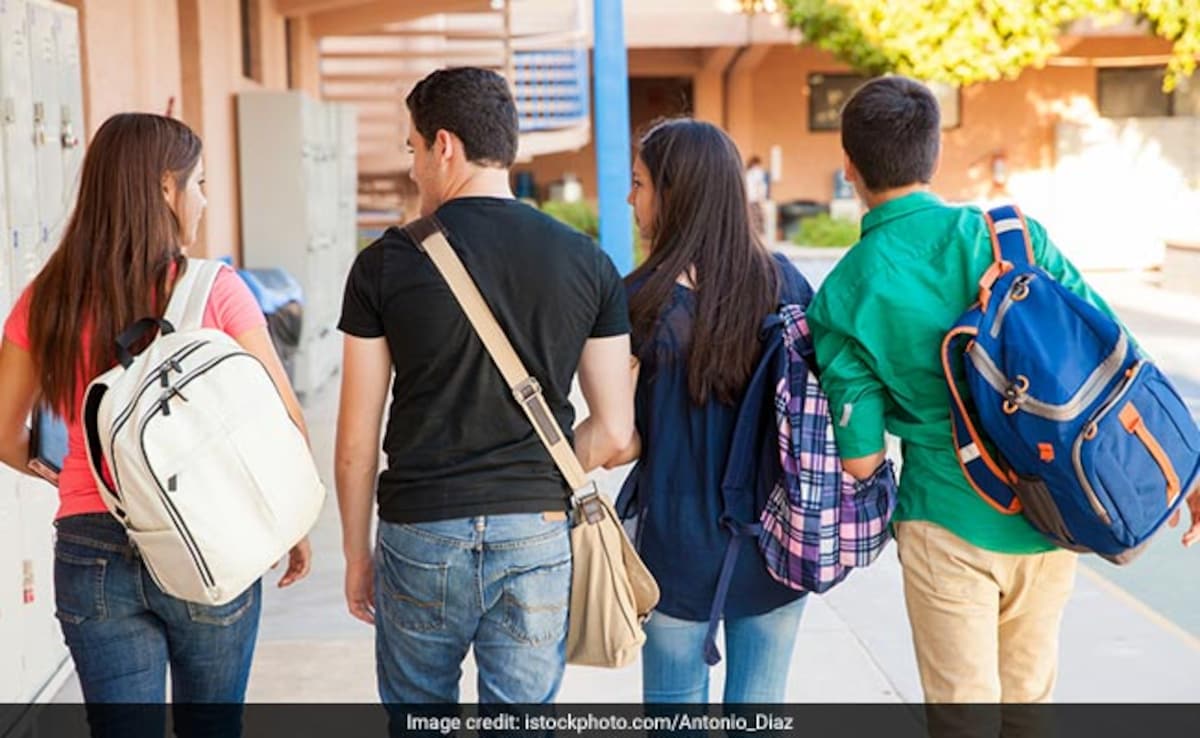In recent years, a significant shift has been observed in the preferences of Indian students seeking global education opportunities, with Canada emerging as a favoured destination over the United States. This trend, highlighted by data from the National Foundation for American Policy (NFAP), underscores a substantial increase in Indian student enrollment in Canadian universities, contrasting sharply with a comparatively modest rise in students opting for American institutions.
According to NFAP statistics, Indian student enrollment in Canadian universities skyrocketed by over 5,800% in the past two decades, whereas the growth rate for the United States stood at a mere 45% between 2000 and 2021. This surge in Canadian university enrollment comes despite the dominance of US universities in global rankings, with seven US institutions securing spots in the top 20 of the QS World University Rankings 2025, while Canadian universities failed to make a similar impact.
In November, the US embassy announced modifications to visa application procedures for Indian students, affecting all consulates across Indian cities.
Also Read | Canada, US Leading Study Destinations For Indians, UK Overtakes Australia: Report
The changes, aimed at curbing fraud and misuse of the appointment system, mandate that F, M, and J visa applicants provide their own passport information when scheduling visa appointments. Additionally, applicants for F or M visas must enroll in SEVP-certified programs, while J visa seekers require sponsorship from State Department-approved organisations.
Also Read | Study Abroad: Canada Sets Weekly Work Hour Limit For Indian Students At 24
Despite the US embassy reporting record numbers of processed visa applications in 2023, surpassing previous years, Indian students seem increasingly drawn to Canada.
Notably, Canada recently announced a new rule limiting off-campus work hours for international students, including Indian nationals, to a maximum of 24 hours per week, effective from September onwards. This decision aims to strike a balance between providing employment opportunities for students and ensuring their focus remains on academic pursuits.
Marc Miller, Minister of Immigration, Refugees, and Citizenship, explained the rationale behind the new policy, emphasizing the importance of maintaining the integrity of Canada’s student program while supporting students’ financial needs. Miller noted that studies conducted in both the US and Canada have shown a negative impact on academic performance and increased dropout rates among students working beyond 24 hours per week.
Moreover, the Canadian government recently increased the minimum cost-of-living standard for students applying for study permits, signalling a commitment to ensuring students are financially equipped for their educational journey in Canada without excessive reliance on employment.












